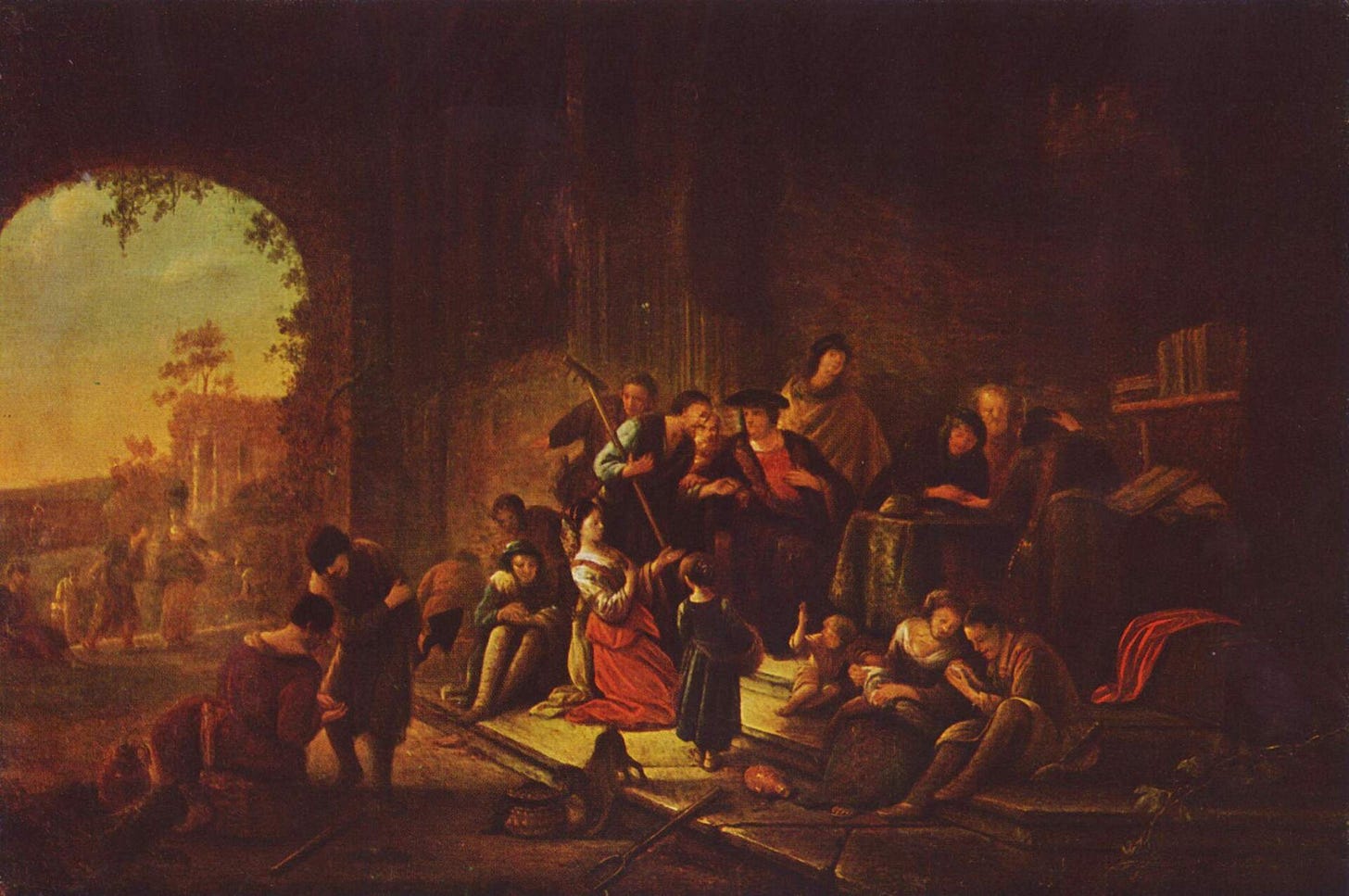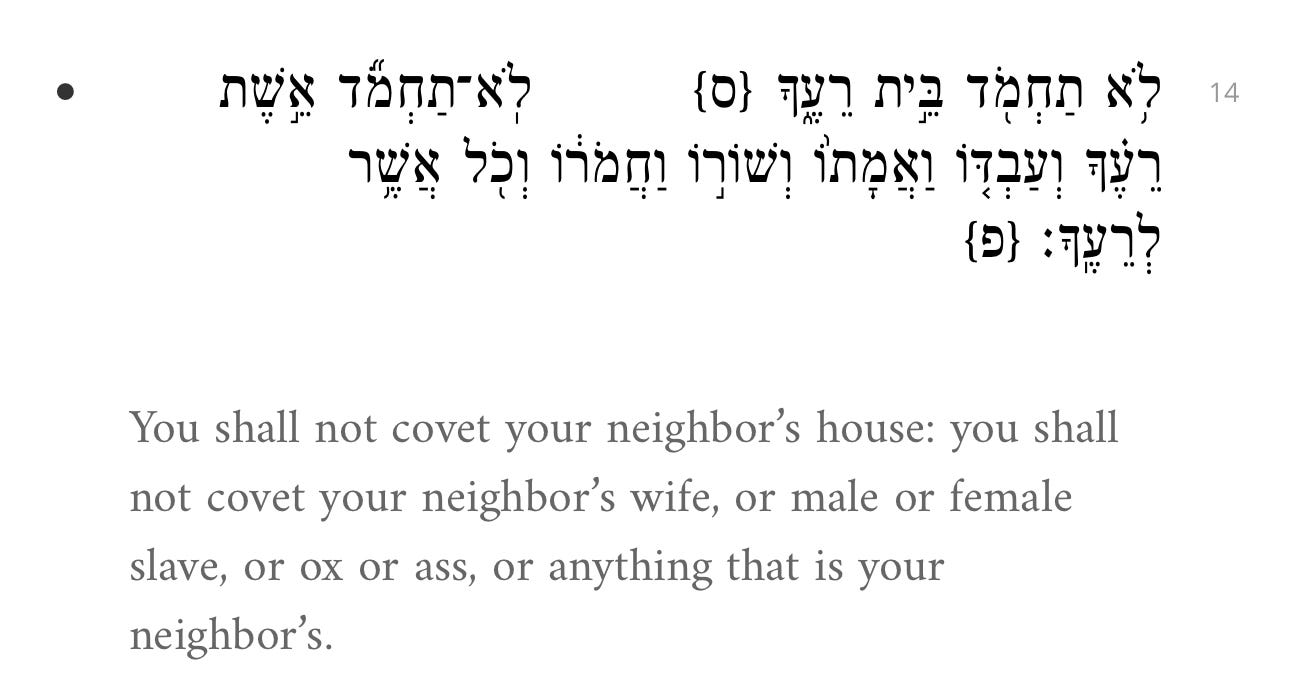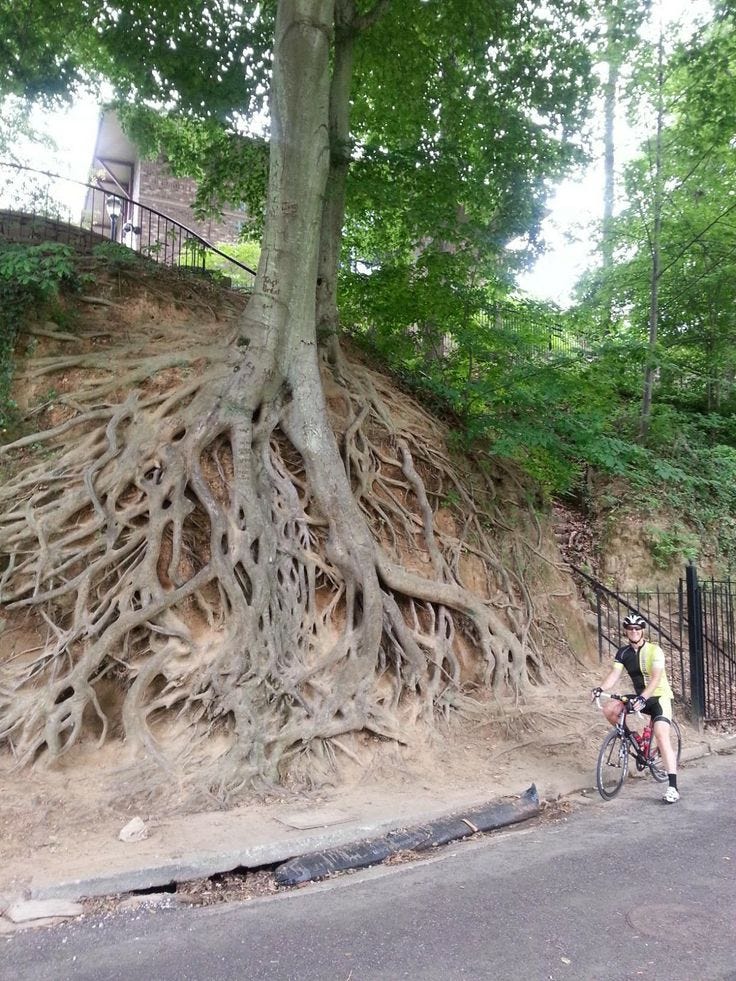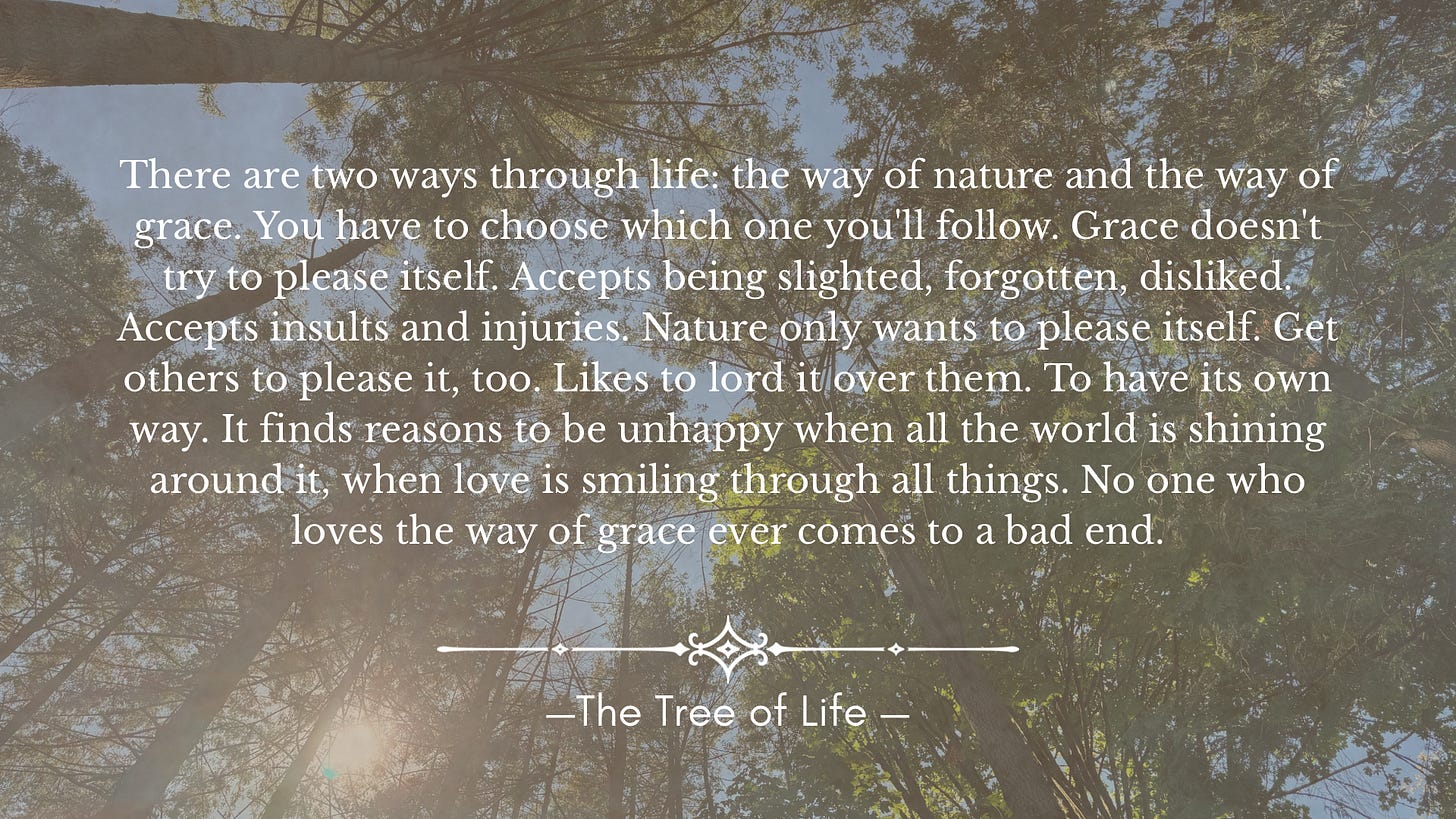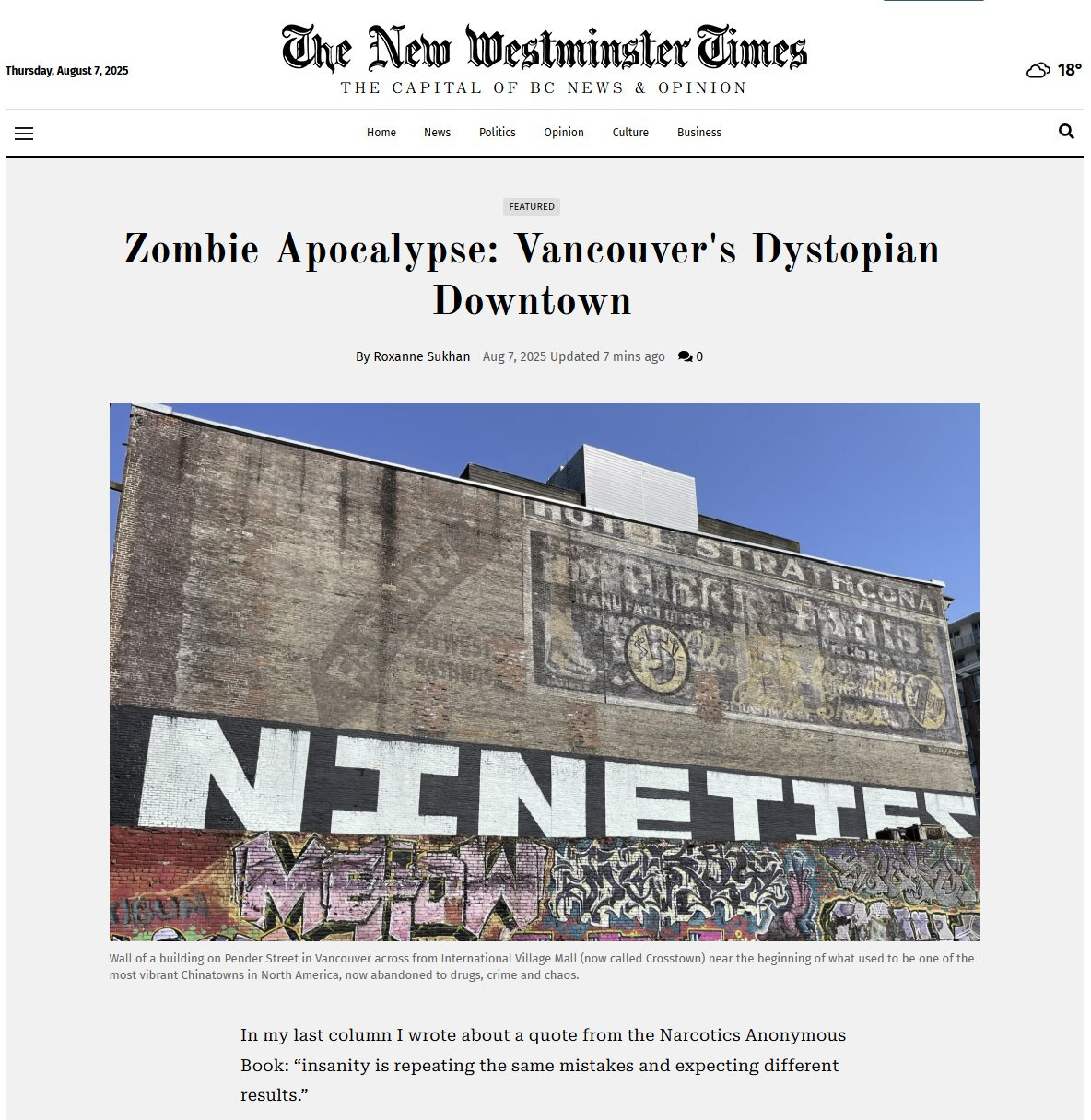The Envy of Generosity in Matthew 20:1-16
the week in review for the week ending August 10, 2025
Matthew 20:1-16 :: The Parable of the Workers in the Vineyard
20 “For the kingdom of heaven is like a landowner who went out early in the morning to hire workers for his vineyard. 2 He agreed to pay them a denarius for the day and sent them into his vineyard.
3 “About nine in the morning he went out and saw others standing in the marketplace doing nothing.4 He told them, ‘You also go and work in my vineyard, and I will pay you whatever is right.’ 5 So they went.
“He went out again about noon and about three in the afternoon and did the same thing. 6 About five in the afternoon he went out and found still others standing around. He asked them, ‘Why have you been standing here all day long doing nothing?’
7 “‘Because no one has hired us,’ they answered.
“He said to them, ‘You also go and work in my vineyard.’
8 “When evening came, the owner of the vineyard said to his foreman, ‘Call the workers and pay them their wages, beginning with the last ones hired and going on to the first.’
9 “The workers who were hired about five in the afternoon came and each received a denarius. 10 So when those came who were hired first, they expected to receive more. But each one of them also received a denarius. 11 When they received it, they began to grumble against the landowner.12 ‘These who were hired last worked only one hour,’ they said, ‘and you have made them equal to us who have borne the burden of the work and the heat of the day.’
13 “But he answered one of them, ‘I am not being unfair to you, friend. Didn’t you agree to work for a denarius? 14 Take your pay and go. I want to give the one who was hired last the same as I gave you.15 Don’t I have the right to do what I want with my own money? Or are you envious because I am generous?’
16 “So the last will be first, and the first will be last.”
This week Pastor Jeremy delivered his sermon on the Parable of the Workers in the Vineyard. What does this parable make you think of when you read it?
First of all, it reminds us of the 10th commandment, You shall not covet your neighbor’s house: you shall not covet your neighbor’s wife, or male or female slave, or ox or ass, or anything that is your neighbor’s (Exodus 20:14).
Secondly, that line “the last will be first and the first will be last” may remind you of that Bob Dylan song. Written six decades ago, the song has a timeless element to it, it feels relatable even today, doesn’t it?
What does this parable teach us, reader? This week’s reading reminds us that all we have comes from g-d’s generosity and not from our own works. The twins of self congratulation and envy only serve to block us from g-d because through these behaviours we replace Him with ourselves. When we become arrogant and entitled we move away from g-d. Jesus creates inner wealth when we have a relationship with Him. The kingdom of heaven is like the parable of the workers in the vineyard.
Let’s face it reader. Many of us live to work. The rest of us work to live. Work defines us to a very large degree. It sets the tone for our life path and it factors heavily into our self perception and self worth. We like to feel appreciated and seen. We frequently see ourselves through the eyes of others. We live the human condition. We worry about money and worth, particularly in the current atmosphere of financial stress and ideological possession.
You can watch the sermon runs in the video below.
So, let’s dissect the parable.
The landowner represents Jesus.
The vineyard represents kingdom of g-d. Sphere of worldly activity is the vineyard and the kingdom is wherever His will is done. Heaven touches earth through the way love is shown. Sin tarnishes the world. We long for g-d to enter our world and cleanse and feed it and allow it to blossom.
The labourers represent us, image bearers co-creators. In the creation story, g-d instructs Adam and Eve to cultivate, to work the earth. We are called to do good works, to til the ground and steward the earth in partnership with g-d. We represent g-d with all we do. G-d crafted us with purpose. We represent His workmanship called to purpose. We don’t have passive observer role, we have a role as active joyful labourers of and for g-d. Creation serves as a conduit for mission of g-d. G-d isn’t passively sitting watching the suffering and affliction of His creation. He sent Jesus into the broken world! The Divine co-suffers with us. Day labourer do not earn a salary, they get hired and paid daily. They have no land nor status. In the time of Jesus workers’ rights and social safety nets didn’t exist.
In the parable, the landowner goes to the market at various times — 9, 12, 15, and 17 o’clock — and hires workers. He offers the same pay rate, one denarius. At the end of the work day, the landowner pays all the labourers the same wage. What’s the point of the story? Jesus doesn’t pay us according to our acts. Pastor Jeremy described grace in three points.
Grace can’t be earned.
Grace transforms how we see each other.
Grace works right side up in upside down world.
Achievement doesn’t earn favour with g-d, we receive favour through grace. Grace = unearned + undeserved. Grace has nothing to do with our merit. We deserve nothing, only punishment and hell. Grace defies logic. In G-d’s economy no one deserves grace and everyone gets it.
Pastor Jeremy talked about Amazing Grace, briefly told the story of the song writer — slave trader John Newton. Newton wrote Amazing Grace on reading the gospel after a life time of slave trading. Today’s reading teaches us that grace transforms the way we see each other. Grace invites us compare less open ourselves to compassion. Comparing fuels pride. It fuels bitterness and resentment. It gives the illusion of superiority to others. Think Prodigal Son story and the “it’s not fair” mindset.
The Kingdom of G-d runs on grace not seniority. We aren’t any better than anyone else. Grace levels the playing field. We are all on equal ground at the foot of the cross. We are equal in g-d’s eyes. We do not achieve grace we receive it as a free gift.
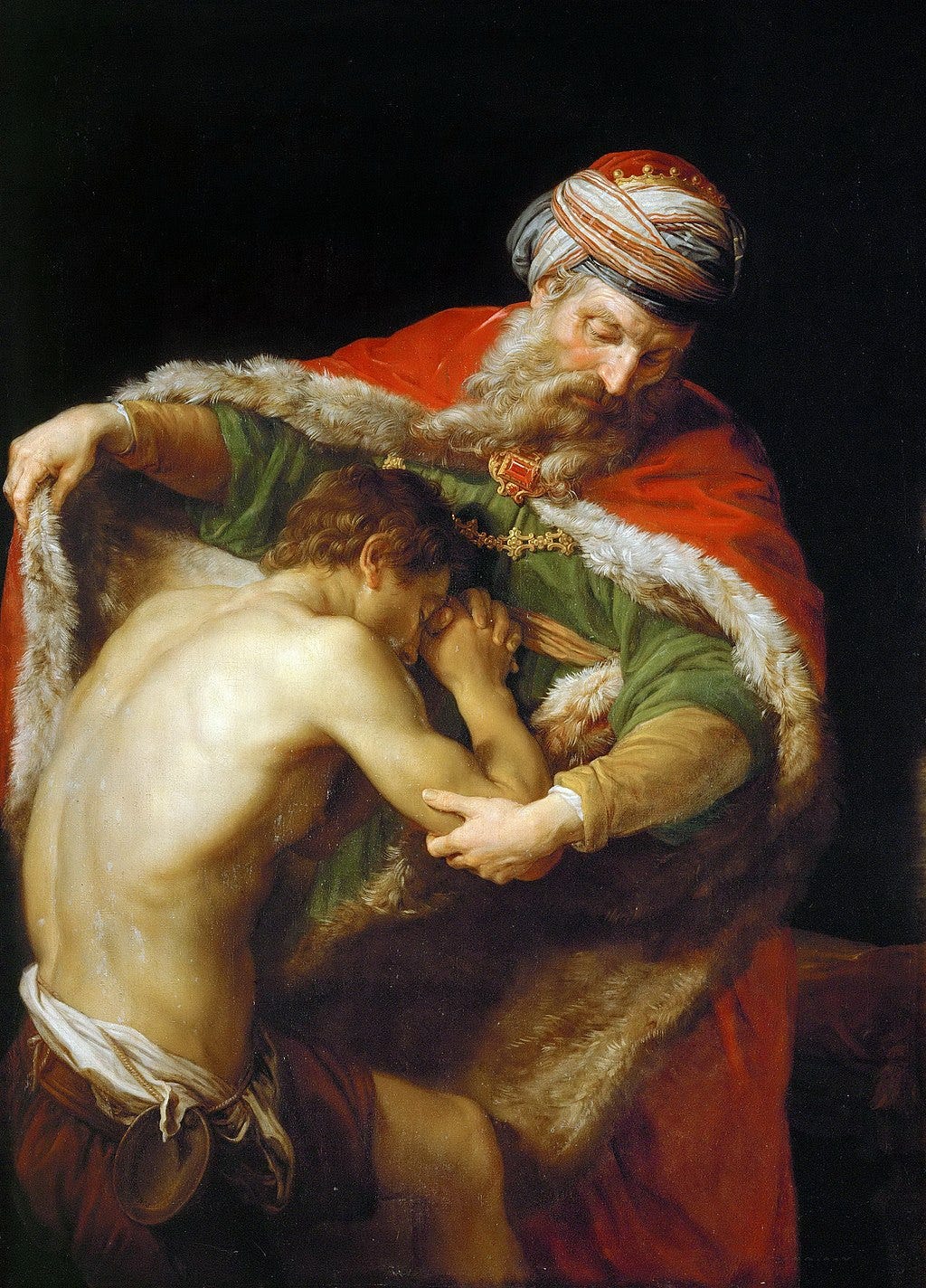
Through grace, we receive freedom from the bondage and despotism of comparison and competition and assignation of the value of our fellow man and ourselves. Equal sin and equal grace. G-d’s kingdom culture heals wounds—we can begin to learn from one another with humility and love. In Romans 13:8 Paul advises “owe no one anything except love one another and offer kindness and practise unity.” Those who cling to entitlement and pride become last in line and those who remain humble, first.
Pastor Jeremy described Henri Nouwen’s decision to leave academia and go to work with children that have intellectual disability. Greatness means servitude, not seeking higher levels. John the Baptist leveled down and said Jesus must become greater. We achieve greatness in the g-d’s kingdom culture through our descent into deeper levels of service. Like a root system of a tall tree — the taller the tree the deeper the root system.
Focussing on performance leads to embodiment of shame and defeat. G-d’s love has nothing to do with our performance. Grace cures performance anxiety. An imbalanced view of Grace leads to feeling depressed or to feeling pride. We must always think of grace as an unearned compensation. When we serve g-d we operate in grace not pride or shame or bitterness.
Exciting things on the horizon that I can’t share yet ::
I spoke off-the-record to the MLA for Skeena Claire Rattée about publicly funded addiction treatment beds and the need for a comprehensive and effective and accessible addiction treatment pillar in BC. That conversation will form the basis for a future column or two.
A while back I had a lengthy and engaging conversation with Dr. Julian Somers about addiction research and drug policy and the failure of harm reduction I plan to release that 3 hour marathon discussion after Labour Day weekend, behind a paywall with a free preview to whet the reader’s whistle.
I’m finishing up a grad level course on deconstruction and faith and my paper is due next Friday and I’ve chosen to write about Dostoevsky with a focus on his book Demons and how it relates to my own experience of deconstruction. I’ll probably post that paper here once it’s been graded.
Below the line you’ll find this week’s essays and my regular weekly column for the New Westminster Times. This past week in the Substack I wrote about the grift of Sean Feucht, the appealing mediocrity of PM Mark Carney, and the futility of the political appeasement of antisemitic Hamastnik bullies. For my New Westminster Times column I focussed on my observations of a recent trip to the DTES and my thoughts on the failure of the social experiment called harm reduction.
“The DTES looked and felt like a Zombie Apocalypse had hit it. I wonder why, in Vancouver, we’ve become so immune to the reality that we’ve pretty much given up on an entire swath of humans. We speak of open air prisons to describe certain distant places, and I wonder, why do we fail to see the open air prison we’ve created in our own wealthy and beautiful city?”
Read the full story ➡️ Zombie Apocalypse



